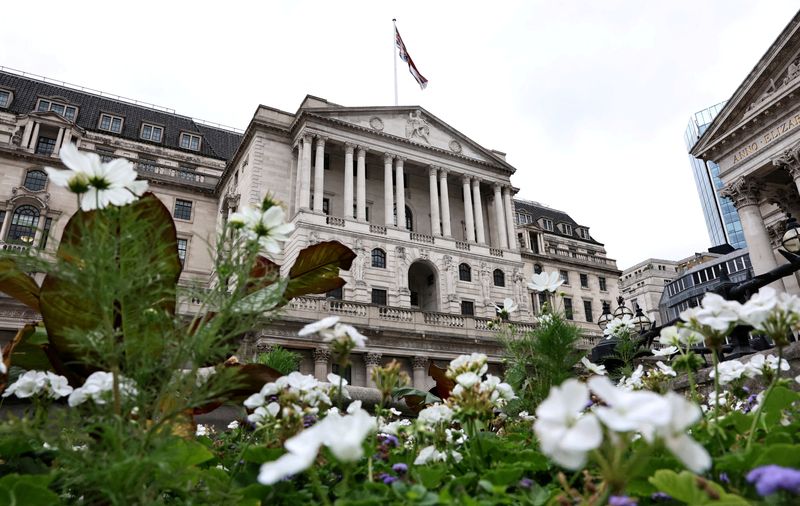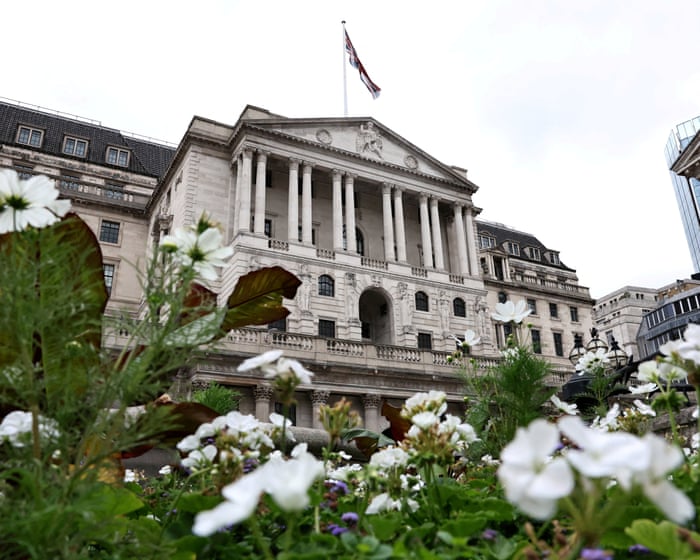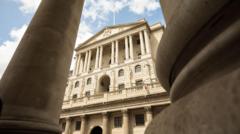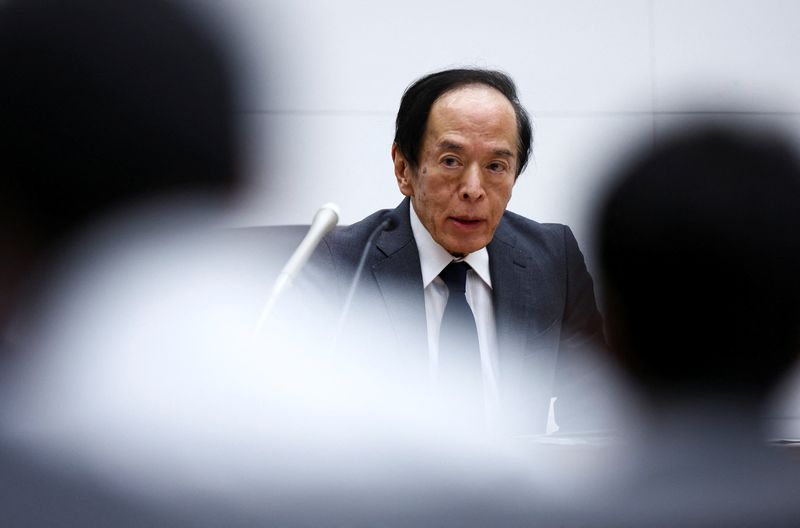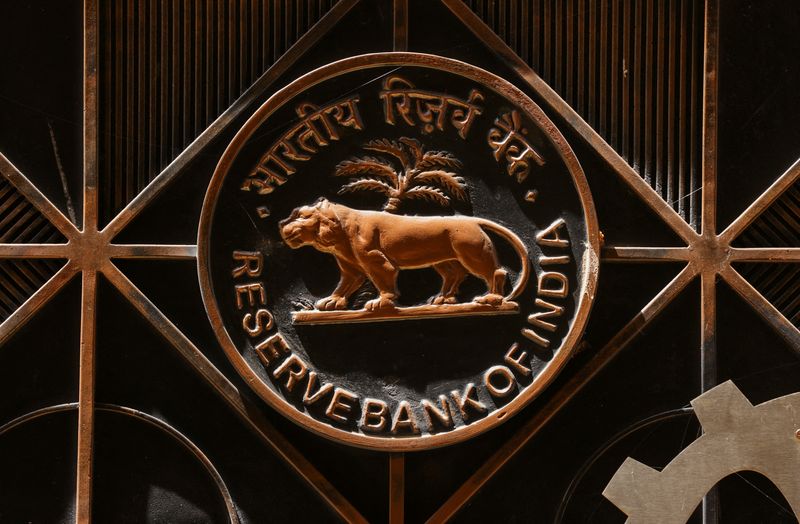Bank of England leaves interest rate unchanged and slows quantitative tightening
NeutralFinancial Markets

The Bank of England has decided to keep interest rates steady while also reducing the pace of its bond sales as part of its quantitative tightening strategy. This move is significant as it reflects the central bank's approach to managing inflation and economic stability, indicating a cautious stance in a fluctuating financial environment.
— Curated by the World Pulse Now AI Editorial System



